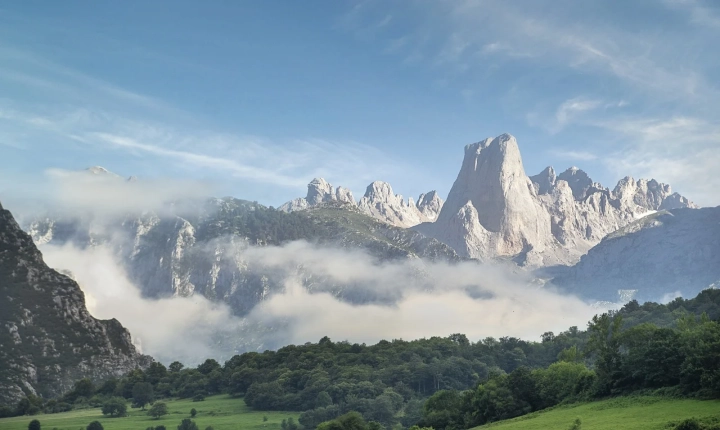Can AI Do Rap? Exploring the Intersection of Artificial Intelligence and Music
In recent years, artificial intelligence has made significant strides in various fields, from healthcare to finance to transportation. One area that has garnered increasing attention is the intersection of AI and music. With the rise of AI-generated art and music, questions have emerged about the creative potential of AI in the realm of music, particularly in genres like rap. Can AI truly generate compelling rap lyrics and performances that rival those of human artists?
The idea of AI creating and performing rap may seem far-fetched at first glance, as rap is often perceived as deeply rooted in human experiences, cultures, and emotions. However, advancements in natural language processing and machine learning have led to AI systems that can understand and generate coherent, contextually relevant text, opening up new possibilities for AI-generated rap.
One of the key challenges in creating AI-generated rap lies in capturing the essence of the genre, including its rhythm, flow, wordplay, and storytelling. Rap is inherently dynamic and expressive, with a strong emphasis on verbal dexterity and creativity. It requires an understanding of cultural nuances, societal issues, and personal narratives, all of which have traditionally been considered uniquely human traits.
Despite these challenges, there have been notable developments in AI-generated rap. Companies and researchers have developed algorithms and models that can analyze vast amounts of rap lyrics to identify patterns, themes, and stylistic elements. These AI systems can then generate new rap lyrics that mimic the structure and rhythm of human-written verses, often producing surprisingly coherent and engaging results.
In addition to lyrical composition, AI has also made progress in creating rap performances. Voice synthesis technology has advanced to the point where AI-generated voices can be convincingly human-like and expressive. Combined with music generation algorithms, AI systems can produce complete rap songs with vocals that closely resemble those of human rappers.
While AI-generated rap has shown promise, it is important to recognize that it is still in its infancy. AI systems often rely on existing datasets of rap lyrics and songs, which limits the diversity and originality of the generated content. There are also ethical considerations surrounding the use of AI to create art, including questions about authorship, creativity, and cultural authenticity.
Furthermore, the role of human input in the creation of AI-generated rap cannot be overlooked. Many AI systems are trained on data curated by humans, and the algorithms themselves are designed and maintained by human developers. As a result, the boundary between AI-generated and human-created art can be blurred, raising questions about the nature of creative expression in the age of AI.
Looking ahead, the potential for AI in the rap genre is exciting yet uncertain. As AI technology continues to evolve, we may see collaborations between human rappers and AI systems, leading to new forms of artistic expression and innovation. Additionally, the use of AI in music could democratize the creative process, allowing aspiring artists to access tools and resources that were once exclusive to industry professionals.
Ultimately, the question of whether AI can do rap is not just about the technical capabilities of AI systems, but also about the evolving nature of music and creativity in a digital age. As AI-generated rap becomes more prevalent, it is essential to consider the implications for artistic integrity, cultural diversity, and the future of music as a whole.
In conclusion, the intersection of artificial intelligence and rap music holds significant potential for innovation and creativity. While AI-generated rap is still a nascent field, the progress made so far indicates that AI can indeed contribute to the genre in meaningful ways. As technology continues to advance, it is crucial to engage in thoughtful discussions about the impact of AI on music, ensuring that the integrity and authenticity of artistic expression are preserved in the digital era.
